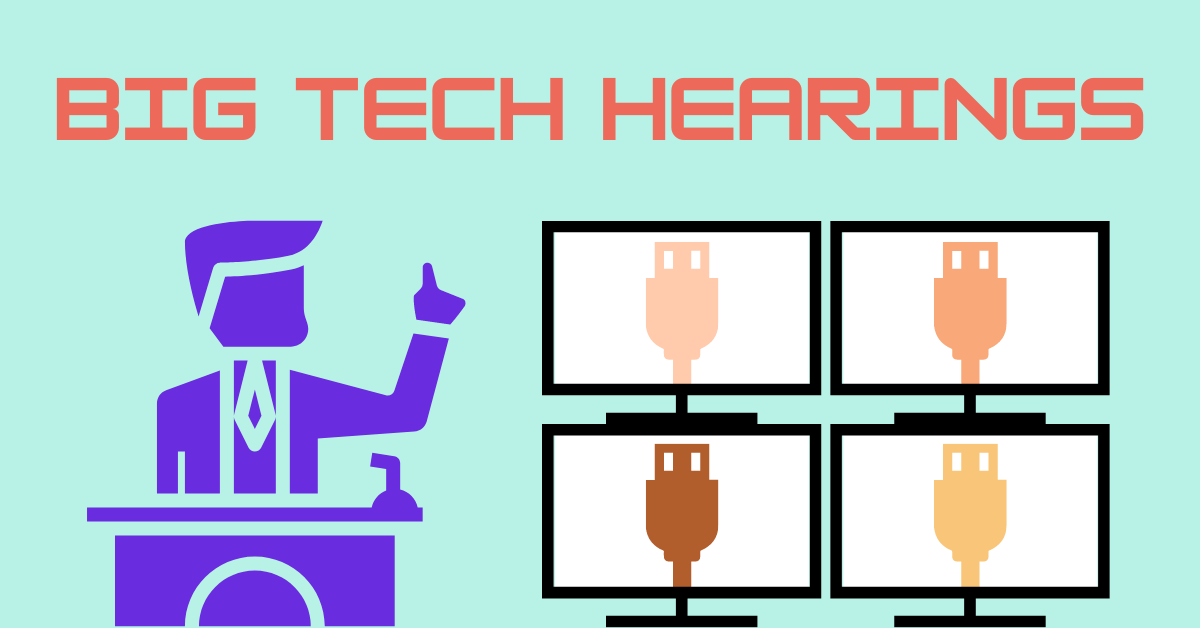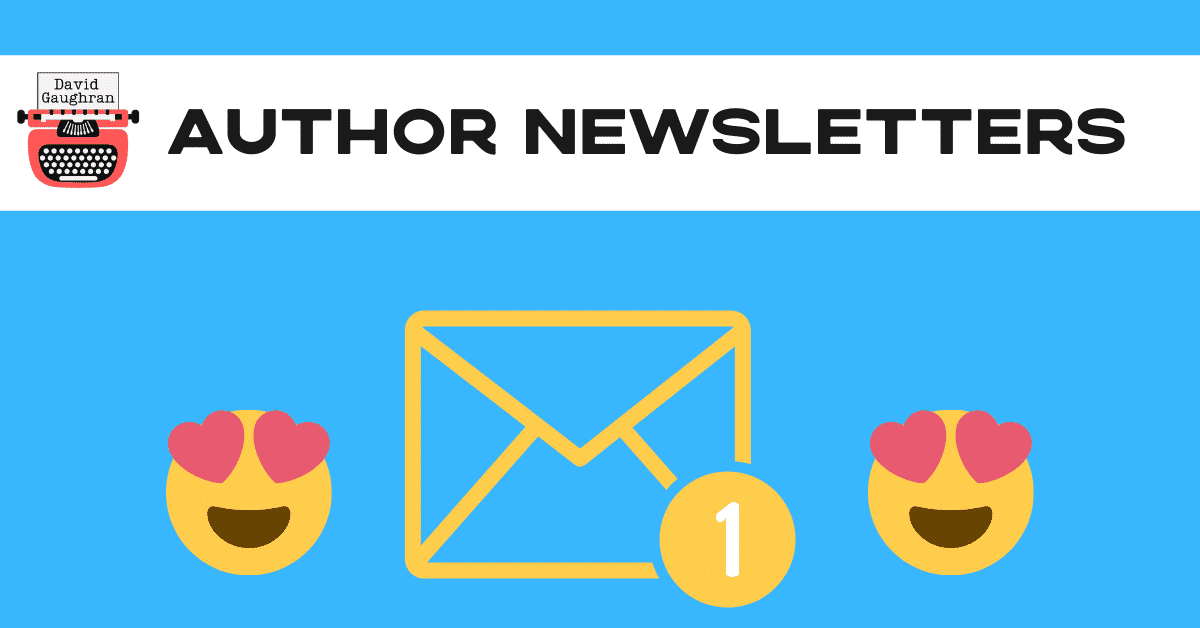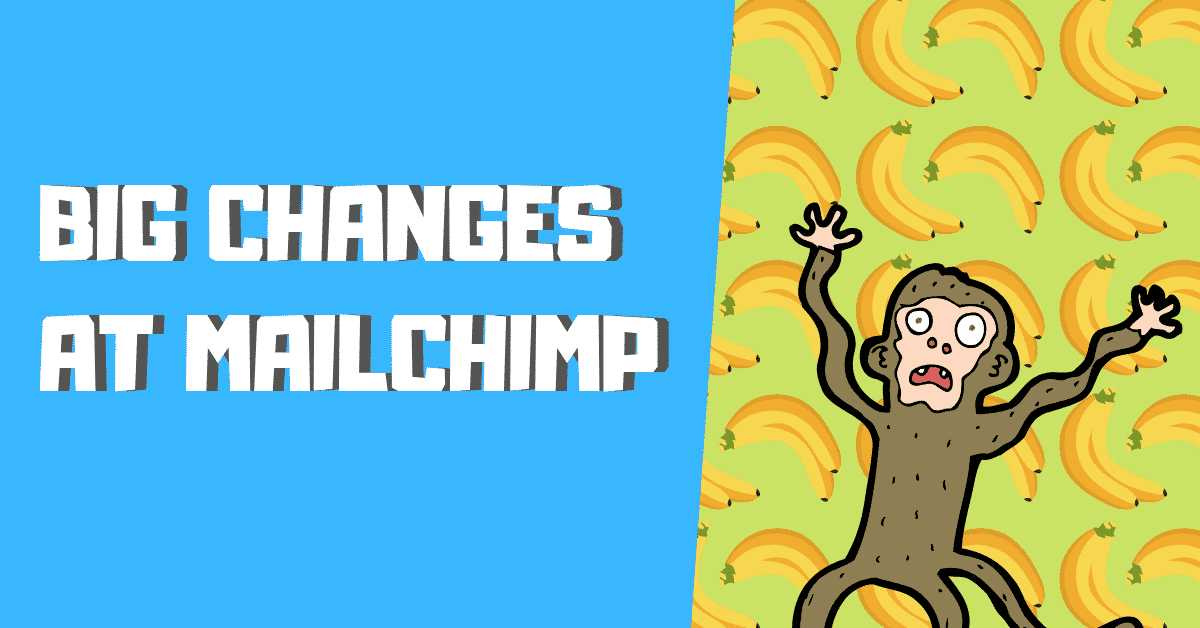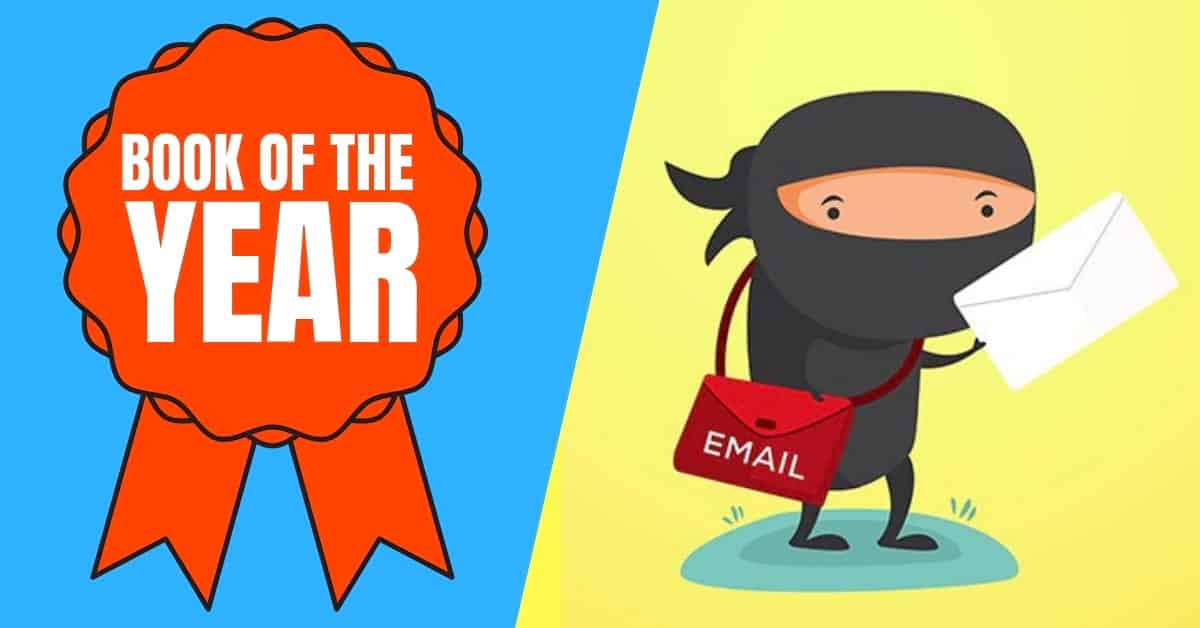
What The Big Tech Hearings Mean For Indie Authors
The CEOs of Facebook, Google, Amazon, and Apple were grilled on Capitol Hill yesterday, stepping up the anti-trust chatter that has been percolating over the last few years. While some of you might be tempted to reflexively dismiss these hearings as political theater, many commentators seem to agree that this time feels different.
Political sands have shifted. Public sentiment towards tech companies has soured — companies who were once almost universally loved. Well, at least in the case of three of them; Amazon always attracted some measure of criticism, I guess, probably given the particular companies it disrupted.
Indie authors, in particular, perked up at the news of these hearings, given that three of those places are where we sell most of our books, and the fourth is what many of us predominantly use to drive sales of those books.
Whatever your feeling on these individual companies, their effects on society, or the forces driving these hearings, the mere prospect of anti-trust actions creates uncertainty in business terms, at a time when we already have a significant amount of it. Which makes this an excellent time to examine how well your author business is future-proofed, given the average indie author’s dependency on this set of companies currently in the anti-trust spotlight. Read More…

7 Expert Tricks To Improve Your Author Newsletter
Authors these days are getting great at offering enticements to sign up – commonly known as magnets or bribes or sign-up bonuses – and also at deploying automated sequences to further warm-up new subscribers. But sometimes we can be a little… overeager.
Your first priority should be to keep the promise that you made to the reader, which means ensuring the subscription happens smoothly and they get their free ebook.
If you overload the first emails the subscriber receives, you might get dropped into Promotions or *gasp* Spam. If you’re lucky the subscriber will email you complaining they didn’t get their gift. If you’re lucky. Most probably won’t even bother complaining which means you’ve just lost a sign-up. Read More…

Time To Ditch Mailchimp?
Mailchimp attracted extreme criticism this week when it became clear how its new marketing services would impact its core email offering — particularly in terms of pricing — leading many long-time users to start explore alternatives (including this one).
I have been a loyal and happy Mailchimp customer for over eight years. I have also recommended Mailchimp to thousands of other authors. There have always been cheaper services, or those with more bells-and-whistles when it comes to advanced automation options and the like, but — for me at least — Mailchimp was always the perfect combination of price, user friendliness, and reliability.
Until yesterday. Read More…

Book of the Year for Authors: Newsletter Ninja
I’ve been self-publishing for seven years. That’s quite a long period to be screwing up almost the entire time, but I managed it! My whole approach to email was backwards. I did all the don’ts, ignored all the warnings, missed out on so many opportunities to build myself a happy and engaged audience of readers that it causes me literal pain when I think about it. I don’t say this to elicit sympathy. Rather, I hope that my long experience of doing exactly the wrong things can act as a deterrent—a giant sign made of bones spelling out “Here Be Wolves.”
What did I do exactly? I only emailed people when I had a new release. I thought I was being considerate and not clogging up everyone’s inboxes when, in reality, I was only turning up at their door when I wanted something: their money. This was compounded by my slow production speed, particularly with those painstakingly researched historical novels I seem to enjoy writing for some reason. That problem was further exacerbated by working in more than one genre, so the books came out even slower and the emails were even less frequent. Clearly, I felt I wasn’t antagonizing my most loyal readers enough with this set-up, so I decided to have one Frankenlist—my fiction and non-fiction peeps all lumped together—neatly ensuring that everyone really wouldn’t care about at least 50% of the (increasingly infrequent) messages I was sending out. Read More…
^